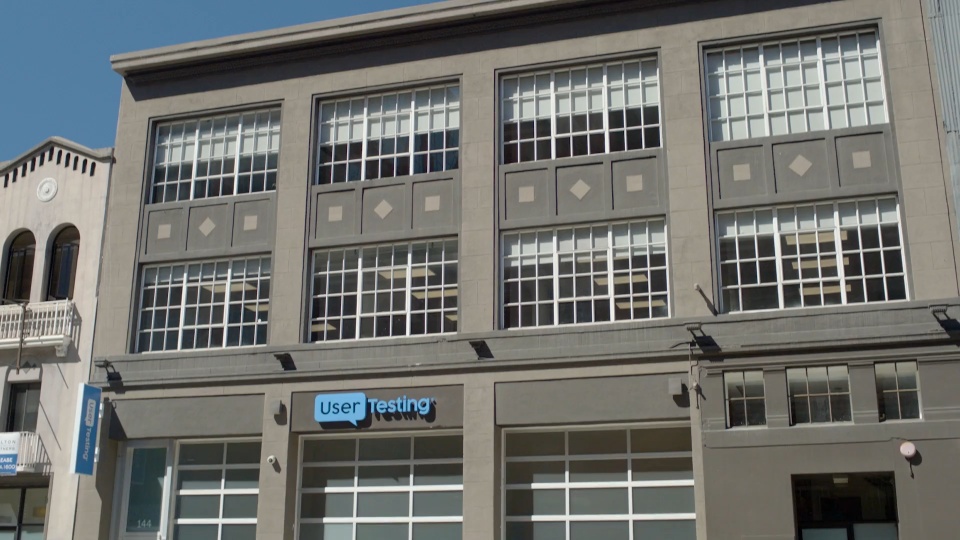Craft experiences that win hearts—and markets
Find the ‘why’ then build faster, smarter, and with confidence.
The Human Insight Engine for the Enterprise
The trusted solution behind the world’s most customer-centric brands—turning human insight into a competitive edge.
- The world’s strongest global participant network
- An AI-driven engine built for enterprise
- Expert-led services that drive outcomes


Give your organization superpowers
Drive impact and ROI
Move the needle on the KPIs that you use to run your business
Walmart increased loyalty and conversion rates, driving a 13% increase in revenue from mobile purchases.
Microsoft accelerated their pace of innovation with a 5X increase in the speed of decision-making.
Kimberly-Clark moved away from traditional focus groups and cut their product and experience testing costs by 30X.
With over one billion app user sessions annually, Wells Fargo reduced churn risk and increased CSAT scores by 20+ points.
The leader in human insights for the enterprise
- Most comprehensive feedback solution
- Strongest, most engaged global participant network
- Fastest way to actionable insight
- Built to scale across research, product, design, marketing, and CX
- Recognized expert and market leader

If your customers are always right, why not ask them?
Get fast feedback and real human insights—start now.

















